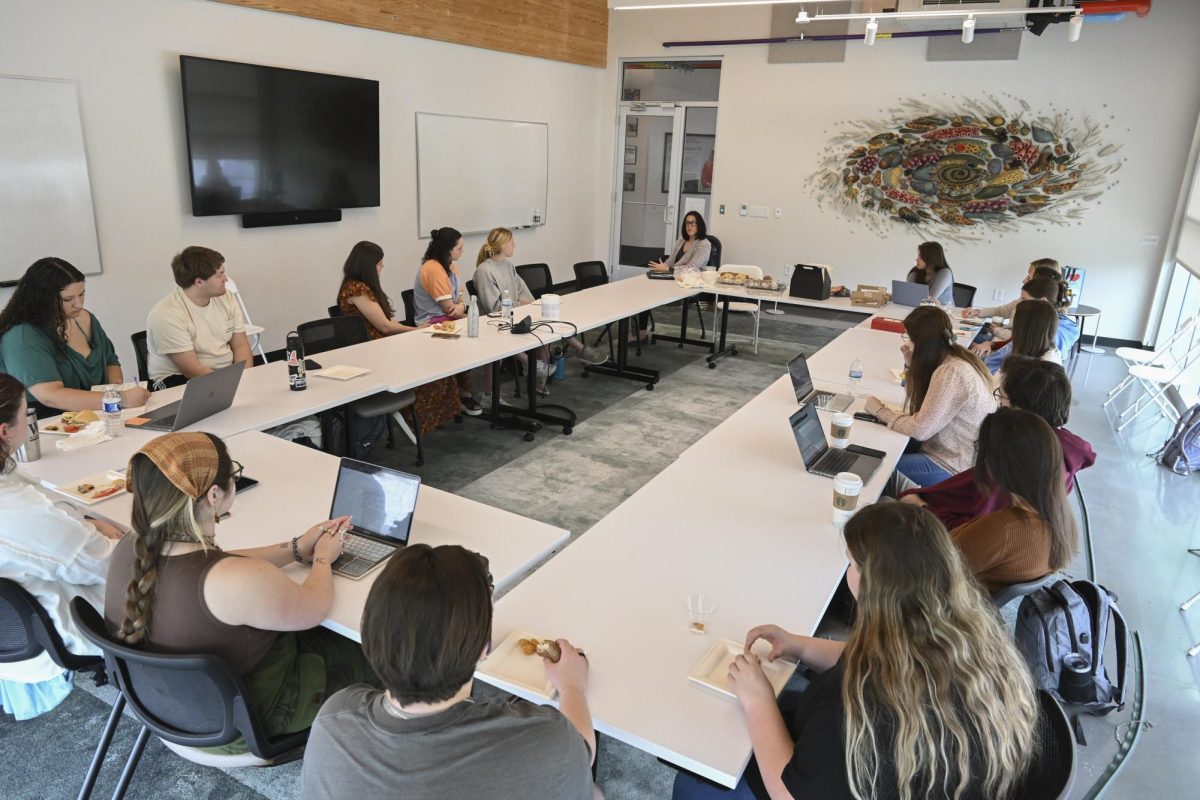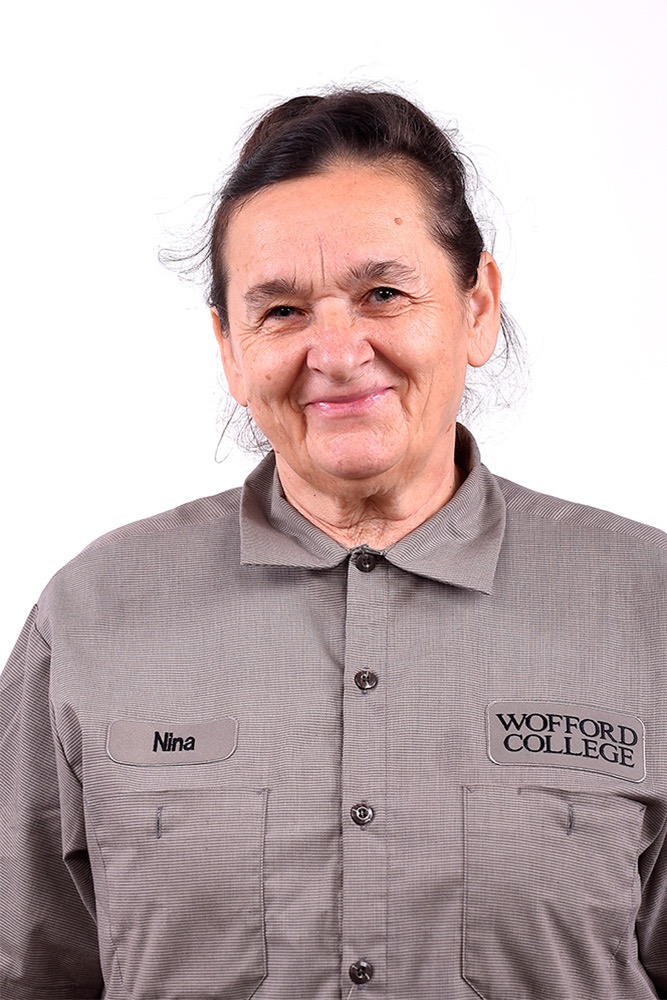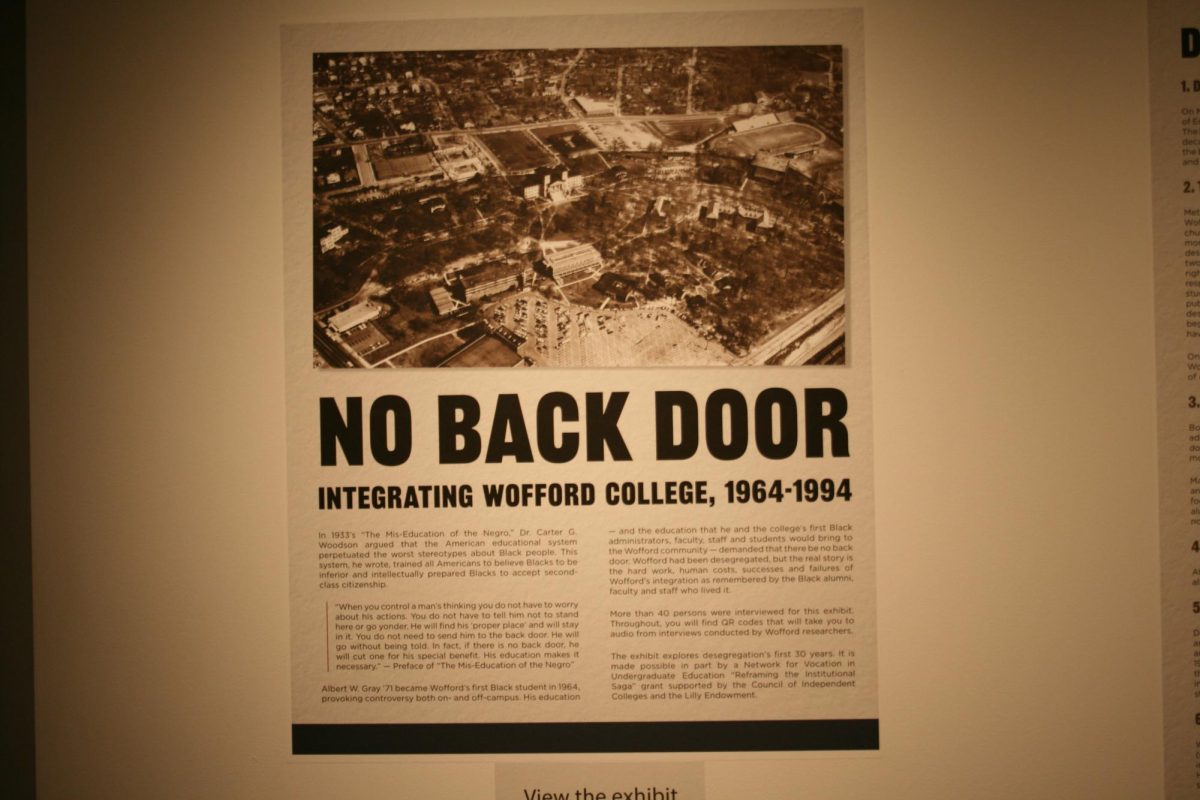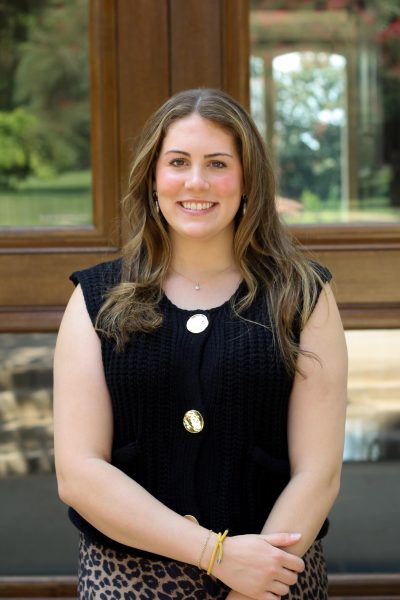Oct. 2., 2024, was International Wrongful Conviction Day, which is a day to help raise awareness to the issue of wrongful convictions. The event was canceled due to hurricane Helene, but Bunch sat down with us in an exclusive interview.
The South Carolina Innocence Initiative, also known as SCII,, planned an event with Kristine Bunch, an exoneree, to help raise awareness of this issue. SCII is led by its president, Olivia Cianciolo, ‘25, and Dawn McQuiston, professor of Psychology.
“We wanted to formally recognize international wrongful conviction day, and I know Kristine’s story is compelling and I wanted to bring someone to campus who could share their story.” McQuiston said.
Bunch’s story begins in 1995, when she was a young, working single mom to her son Tony. She woke up one morning to find that her home was on fire. Although she did whatever she could, she couldn’t get to her son through the flames and smoke.
Her neighbors held her back from going back inside until firefighters and emergency medical services arrived. Firefighters went into her home and Bunch was taken to the hospital without seeing if her son was brought out of their home.
“I wasn’t told that my son had died in the fire until after I reached the hospital, so I was pretty calm– everyone assured me that they got him,” Bunch said.
Bunch was arrested five days later for murder and for arson, after the Bureau of Alcohol, Tobacco, Firearms and Explosives (ATF) chemists falsified results as to how the fire started and the fireman changed their story to make it look like Bunch had intentionally killed her son. Bunch was convicted on both charges.
At the time of her incarceration and throughout her first few months in prison, Bunch was pregnant. She highlighted the discrepancies in the prison healthcare system, in her prenatal car and particularly during her labor.
“Finally one of the officers was like ‘Why hasn’t anyone checked on her? She’s pregnant,’” Bunch said.
She was finally taken to the hospital after being told there were complications with the baby when there were none. After the hospital acquired the medical records the prison didn’t have, Bunch was scheduled for a cesarean section.
When she was back at the prison after her surgery, Bunch pulled all of her staples from her wound and the infirmary only noticed after a week. Bunch was given a bandage and told not to use the stairs, but was not seen by a doctor after that.
After writing to many innocence projects, the Women’s Project at Northwestern University took up her case, and was able to get her exonerated in 2012, a staggering 17 years after being convicted.
Her readjustment to the world has been difficult in ways, since there will always be people who believe she is guilty even after being exonerated. She also still has anger from having so much of her life taken away, but is using it to help with her advocacy and reform work.
Part of her advocacy work is helping women who have been exonerated and helping women in the prison system who have yet to be exonerated but are innocent.
“There are over 3,500 on the national registry, 8% of those are women, so less than 300 women have come home– of the pens that came home, 78% were when no crime occurred,” Bunch said.
In these cases, tragic accidents happened, and the women who were daughters, wives or mothers, were convicted of doing harm to those that they loved. These women are villainized for wearing too much makeup and for what they wore in court in order to get convicted because they have broken the caretaker role that they have been placed into as women by society.
Bunch also speaks and works for the women’s project at Northwestern University, who got her exonerated and for the National Innocence project in New York. She has spoken in the Illinois State House about compensation for exonerees, as well as other legislation in other states.
Bunch works with other exonerees and people who are innocent and no longer in prison but not fully exonerated, such as those with clemency. She has also worked with police academies in Illinois to better help them understand how to prevent wrongful convictions.
But, she says that speaking to young people are her favorite speaking engagements because it is the younger generations who have the power in their hands to help incite change in the justice system.
“Colleges are my favorite place, high schools too– those are the speaking engagements where I feel like it’s rippling out,” Bunch said.

































